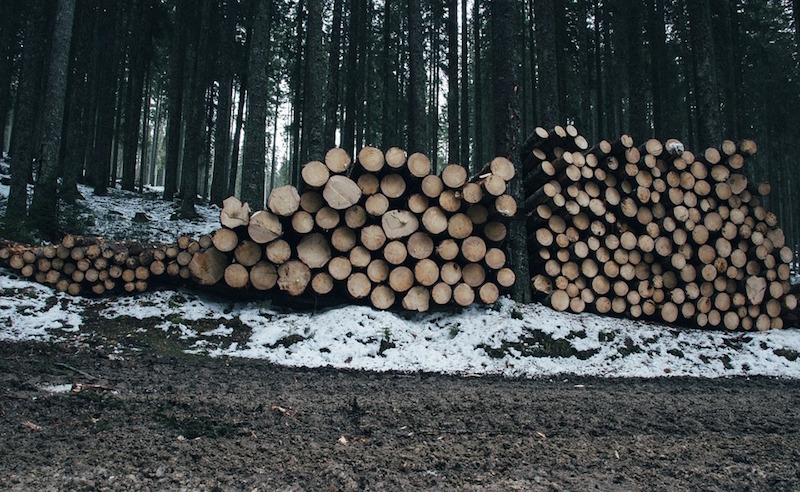Leaders in the U.S. lumber industry are lobbying the U.S. Department of Commerce and the U.S. International Trade Commission to put import duties on Canadian softwood lumber.
They claim the product is being sold in the U.S. below fair market value. Canadian software lumber imports were up 33% in the first eight months of this year compared to same period of 2015, according to U.S. industry representatives.
The duties are now required to offset the harm caused to U.S. lumber mills by Canadian softwood subsidies and the alleged dumping of that product in the U.S., according to U.S. lumber industry leaders. The lobbying effort is likely to further strain trade relations between U.S. and Canadian lumber industries.
A bilateral trade deal between the U.S. and Canada regarding Canadian lumber exports expired in October 2015. The two sides were unable to negotiate a new softwood lumber agreement over the summer following 100 days of discussions.
Related Stories
| Nov 29, 2012
Government policies help accelerate adoption of green building
Green procurement policies or green building mandates can help accelerate the adoption of green building practices, according to research by Timothy Simcoe and Michael Toffel.
| Nov 26, 2012
Minnesota law to spur development, job creation produced few jobs
Legislation that allowed local governments to direct excess property tax dollars from tax-increment financing districts into other private developments was supposed to kick-start construction hiring in Minnesota.
| Nov 26, 2012
How to boost resilient systems that are sustainable
Cities of the future can be both more resilient and more sustainable by promoting strategies that include solar power and green roofs, programs that minimize demand for energy, rain gardens, and permeable pavement.
| Nov 26, 2012
Developer of nation’s first LEED platinum skyscraper focuses on carbon reduction
The Durst Organization, the developer of the first LEED platinum certified skyscraper in the country, says it will not seek LEED certification for its residential pyramid planned for New York’s West 57th Street.
| Nov 26, 2012
Questions linger over ability of Miami's newer high-rises to withstand hurricanes
Some towers in Miami, rebuilt after a hurricane in 2005, were allowed to be constructed under older building codes instead of newer ones created after Hurricane Wilma.
| Nov 26, 2012
Changes in development and building standards needed for health of Potomac River
The Potomac River’s health stands to suffer if the region does not change its development and building standards, according to the Potomac Conservancy.
| Nov 16, 2012
South Dakota prefers LEED over building code on state projects
“(LEED is) much better than a mandatory building code because you get a little wiggle room in these projects,” said Mike Mueller, a spokesman for the South Dakota Bureau of Administration.












